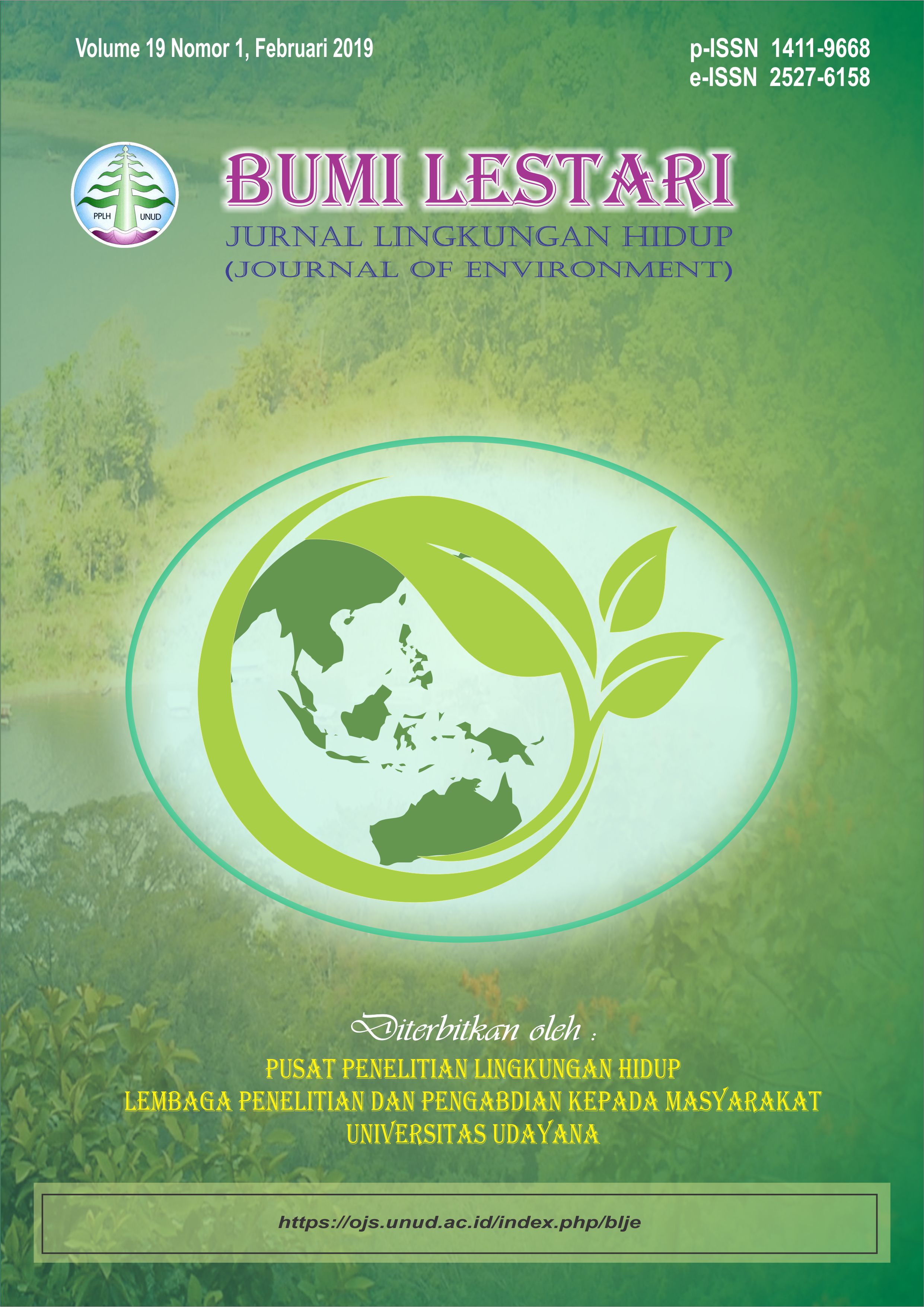Model Pengelolaan Kepiting Bakau untuk Kelestarian Habitat Mangrove di Taman Nasional Kutai Provinsi Kalimantan Timur
Abstract
The National Park Kutai (TNK) has ± 5.227 ha mangrove forest in along coastal beach. Therefore , almost 23% of mangrove forest was degraded effect to land conversion and utilization of damaged. Mud crab (Scylla serrata) is one of the resources in mangrove ecosystem, thus can be utilized for the cultivation sylvofishery. The Utilization was an alternative livelihood for the local resident in TNK areas that was not damaged their forest necessity. The model of sylvofishery utilization mud crab prepared were 5 sub-models, such as mangrove habitat sub-model, catching Mud Crab sub-model, enlargement cultivation of mud crab sub-model, market sub-model, social sub-model. The simulation results of the dynamic model, was showed optimistic of scenario performance model to sustainable for management of mangrove forest in The TNK thus conducted with optimization approached resources in utilization of Scylla serrata. With silvofishery expected balance between utilization and conservation of mangrove ecosystems.
Downloads
Authors who publish with this journal agree to the following terms:
- All articles published by Bumi Lestari Journal of Environment and Environmental Reseach Center Udayana University are made available under an open access license worldwide immediately. This means everyone has free and unlimited access to the full-text of all articles published in Bumi Lestari Journal of Environment, and everyone is free to re-use the published material given proper accreditation/citation of the original publication. Open access publication is supported by authors' institutes or research funding agency by payment of a comparatively article processing charge for accepted articles (See Author Fees). Bumi Lestari Journal of Environment and Environmental Reseach Center Udayana University publish articles under the Creative Commons Attribution License.
- Authors are able to enter into separate, additional contractual arrangements for the non-exclusive distribution of the journal's published version of the work (e.g., post it to an institutional repository or publish it in a book), with an acknowledgement of its initial publication in this journal.
- Authors are permitted and encouraged to post their work online (e.g., in institutional repositories or on their website) prior to and during the submission process, as it can lead to productive exchanges, as well as earlier and greater citation of published work (See The Effect of Open Access).





